Restricting SNAP Purchases Undermines Dignity, Access, and Equity
August 8, 2025
The Colorado Blueprint to End Hunger and other anti-hunger advocates across the state have released the following joint statement in response to the USDA approving Governor Polis’ request for SNAP restriction waivers.
Hunger Free Colorado, Colorado Blueprint to End Hunger, and Nourish Colorado are disappointed in the U.S. Department of Agriculture’s approval of Colorado’s waiver request to restrict the purchase of sweetened beverages with SNAP (Supplemental Nutrition Assistance Program) benefits. This restrictive policy conflicts with SNAP’s core purpose.
SNAP is the nation’s most effective anti-hunger program because it has thus far functioned on a simple, powerful premise: that people who qualify for assistance should have the autonomy to meet their nutritional needs in the way that works best for them. Restricting what SNAP participants can buy undermines that premise and injects stigma into a program that is meant to support families who are struggling to make ends meet.
Policies that restrict SNAP choice rest on a false narrative: that low-income people can’t be trusted to make good choices. That narrative is not only wrong, it is harmful. SNAP recipients make food purchasing decisions that mirror those of higher-income households. What they lack is not good judgment, it’s access.
Moreover, this waiver will introduce unnecessary logistical and economic burdens that could hinder access to SNAP. Retailers would face new compliance requirements, including identifying and flagging restricted items. Many rural, small, multicultural, and independent grocers may not be able to absorb those costs, which could force them to leave the program altogether. These retailers are precisely those that provide critical access in small communities and urban neighborhoods that lack a large, conventional grocer.
The results? There will be fewer stores accepting SNAP meaning even fewer options for the very people the program is supposed to serve. This could also lead to significant negative financial impacts on small Colorado businesses that rely on SNAP benefits, and also on SNAP incentives and the extra food dollars that households spend when they shop at SNAP-accepting retailers.
At a time when SNAP is already under threat at the federal level, facing deep cuts and restrictions to access, this restriction will add another layer of harm here at home. We urge state leaders to recommit to policies that are rooted in evidence, equity, and dignity. Coloradans deserve a food assistance program that respects their agency.
Rather than imposing harmful restrictions, Colorado should prioritize expanding access to healthy food and supporting SNAP recipients by:
Expanding nutrition incentive programs like Double Up Food Bucks, which match SNAP dollars spent on fruits and vegetables at farmers markets, farms, and small and large grocery retailers;
Investing in culturally relevant nutrition education for SNAP households;
Addressing systemic barriers such as lack of transportation and limited availability of healthy food outlets in underserved communities.
For a deeper look at the fatal flaws of SNAP restrictions and what’s a better path forward for our state, read the Colorado Blueprint to End Hunger’s March 2025 white paper, Protecting Food Choice in the Free State of Colorado.
Hunger Free Colorado, Colorado Blueprint to End Hunger, and Nourish Colorado will continue to stand with communities most impacted and fight for a future where everyone, regardless of income, can access the food that best meets their needs with dignity and respect.

